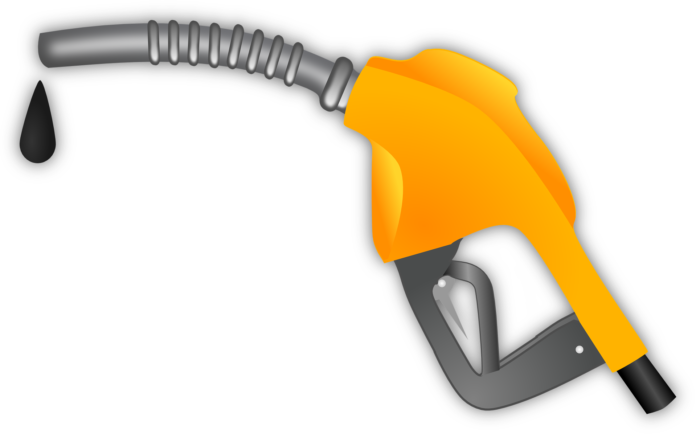The Energy and Petroleum Regulatory Authority (EPRA) has announced a welcomed adjustment in fuel prices for the period between February 15 and March 14, 2024. In a move to alleviate some of the financial burdens faced by consumers, EPRA revealed a reduction of Ksh1 for petrol, diesel, and kerosene.
President Ruto’s Affordable Housing Scheme Favors the Wealthy, Warns Parliament Budget Office
EPRA’s decision, outlined in a statement on Wednesday, February 14, 224, comes as a relief to many, particularly against the backdrop of economic challenges. “In accordance with Section 101(y) of the Petroleum Act 2019 and Legal Notice No.192 of 2022, EPRA has calculated the maximum retail prices of petroleum products, which will be in force from 15th February to 14th March 2024,” EPRA stated.
Azimio Coalition Hints at Kalonzo Musyoka for 2027 Presidential Bid
Effective midnight, the new prices in Nairobi will see super petrol, diesel, and kerosene retailing at Ksh206.36, Ksh195.47, and Ksh193.23, respectively, for the next 30 days. EPRA emphasized that these prices are inclusive of the 16% Value Added Tax (VAT) in line with pertinent finance and tax laws.
Atwoli Stands Firm: Defends Kenya Kwanza Government, Urges Patience from Kenyans
EPRA’s decision was informed by a decrease in the average landed cost of imported petroleum products. The cost of imported super petrol decreased by 1.71%, diesel by 3.08%, and kerosene by 1.17%. These reductions from December 2023 to January 2024 reflect a positive trend in international pricing dynamics, contributing to the downward adjustment in local fuel prices.
It’s worth noting that Kenya imports all its petroleum product requirements in refined form, with pricing benchmarks provided by S&P Global Platts. EPRA’s proactive approach in recalibrating fuel prices demonstrates a commitment to balancing consumer interests with prevailing market conditions.
EPRA’s decision to reduce fuel prices by Ksh1 offers a glimmer of relief for consumers grappling with economic pressures. As the country navigates through various challenges, such measures play a crucial role in easing the burden on citizens and fostering economic stability.


